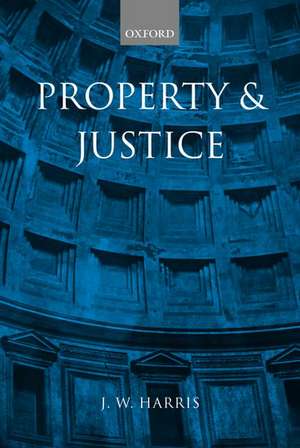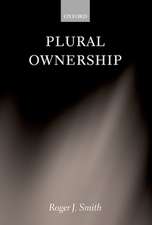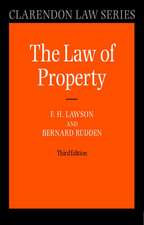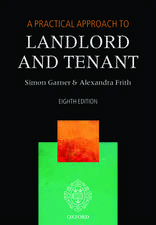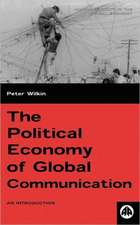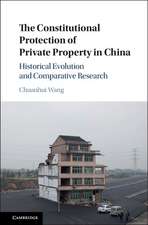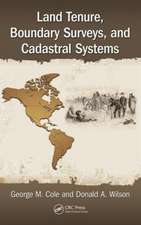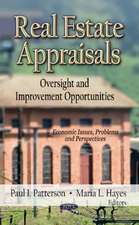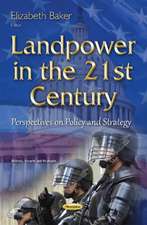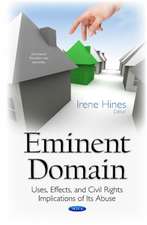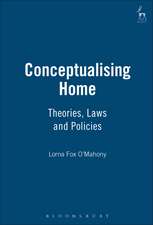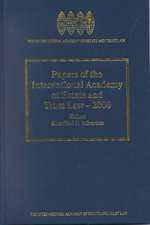Property and Justice
Autor J. W. Harrisen Limba Engleză Paperback – 10 ian 2002
| Toate formatele și edițiile | Preț | Express |
|---|---|---|
| Paperback (1) | 421.17 lei 31-37 zile | |
| OUP OXFORD – 10 ian 2002 | 421.17 lei 31-37 zile | |
| Hardback (1) | 479.87 lei 31-37 zile | |
| Clarendon Press – 10 oct 1996 | 479.87 lei 31-37 zile |
Preț: 421.17 lei
Preț vechi: 579.61 lei
-27% Nou
Puncte Express: 632
Preț estimativ în valută:
80.59€ • 84.36$ • 67.08£
80.59€ • 84.36$ • 67.08£
Carte tipărită la comandă
Livrare economică 19-25 martie
Preluare comenzi: 021 569.72.76
Specificații
ISBN-13: 9780199251407
ISBN-10: 0199251401
Pagini: 416
Dimensiuni: 156 x 235 x 22 mm
Greutate: 0.6 kg
Editura: OUP OXFORD
Colecția OUP Oxford
Locul publicării:Oxford, United Kingdom
ISBN-10: 0199251401
Pagini: 416
Dimensiuni: 156 x 235 x 22 mm
Greutate: 0.6 kg
Editura: OUP OXFORD
Colecția OUP Oxford
Locul publicării:Oxford, United Kingdom
Recenzii
Review from previous edition the book gets full marks for opening up discussions of several crucial features of property institutions, and for challenging received views on such topics as ownership of one's body and the status of rights to property. All in all, this is a book students of political philosophy should read, and it makes a welcome addition to the body of good work that has been produced on property in the past decade. Indeed, it is probably the best book on property we now have.
James Harris has written and admirable book in which he seeks to combine lawyerly insights about property with philosophical insights about justice The book as a whole is laudable achievement and should be studied by anyone interested in the two key concepts designated in the title.
There are two particular explanations of why this ambitious project deserves a welcome. They concern, first, the status of arguments about justice and property in political theory; and secondly, the relationship between the study of law and the concerns of political philosophy.
The primary audience for this book will be philosophers of law, who will find the philosophical analysis and arguments about property as it features in Anglo-American law very enlightening.
James Harris has written and admirable book in which he seeks to combine lawyerly insights about property with philosophical insights about justice The book as a whole is laudable achievement and should be studied by anyone interested in the two key concepts designated in the title.
There are two particular explanations of why this ambitious project deserves a welcome. They concern, first, the status of arguments about justice and property in political theory; and secondly, the relationship between the study of law and the concerns of political philosophy.
The primary audience for this book will be philosophers of law, who will find the philosophical analysis and arguments about property as it features in Anglo-American law very enlightening.
